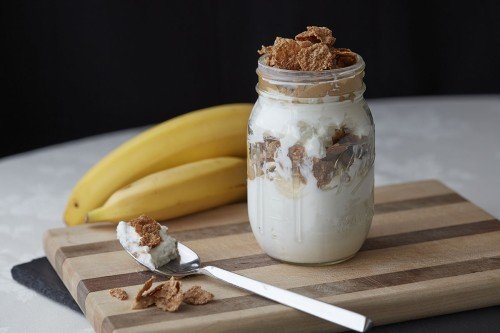The food you eat during and after cancer treatment can play an important role in your recovery. But cancer and its treatment can sometimes change how and what you’re able to eat. A diet that is healthy for one person may not work for someone else.
That’s why medical nutrition therapy (MNT) is an essential part of cancer care for many people. MNT combines nutritional counseling with a specialized diet plan. The goal is to help you feel your best while managing issues such as digestion problems, heart conditions, or weight gain.
Use our diet plans and recipes to help with healthy eating habits during and after cancer treatment.

MSK Nutrition Services
At Memorial Sloan Kettering, we offer patients the full support of our food and nutrition team. Our registered dietitians work closely with your team of doctors to provide you with recommendations that are not only based on the latest nutrition research, but personalized to the specific type of cancer treatment you are receiving.









